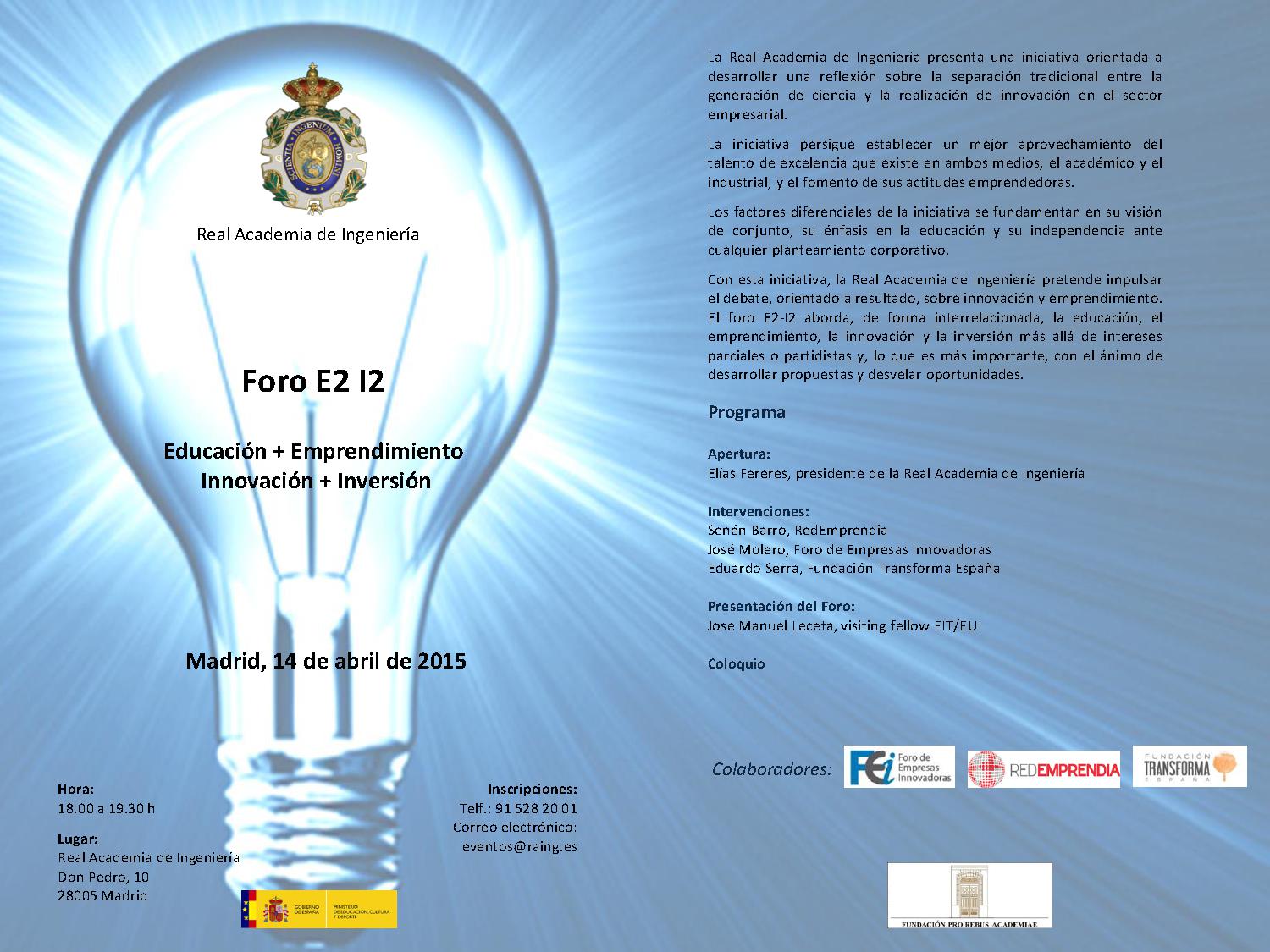 Managing Director of Insight Foresight Institute (IFI), Totti Könnölä participates in the round table on cities that move towards the circular economy, in the third edition of the Forum of the Cities of Madrid IFEMA (13-15 June 2018) that will once again offer a a cross-sectional look at the world of cities, their innovative management and the role played by all the actors that interact in urban environments.
Managing Director of Insight Foresight Institute (IFI), Totti Könnölä participates in the round table on cities that move towards the circular economy, in the third edition of the Forum of the Cities of Madrid IFEMA (13-15 June 2018) that will once again offer a a cross-sectional look at the world of cities, their innovative management and the role played by all the actors that interact in urban environments.
CITIES THAT TRANSIT TO THE CIRCULAR ECONOMY
Afternoon session 15.45-17.20, 14 June.
Opening presentation
• City of Madrid. Inés Sabanés, Councilor of the Government Area of Environment and Mobility.
Discussion-round table
• City of Girona. Empar Vila, Head of Urban Services.
• Ecohispanic. Christian Manrique, General Director.
• FORETIC. Elena Ruiz, Coordinator of the Action Group in Circular Economy.
• Circular Economy Foundation. Anabel Rodríguez, Director.
• Totti Kónnölä, member of the “100 of COTEC” network. Director of IFI. Expert in innovation ecosystems.
Moderates and energizes: Plataforma Envase y Sociedad, Miguel Aballe.
The city for citizens will be the main axis on which all the themes will revolve, an approach that has always been the distinguishing feature of the Forum of the Cities of Madrid. For this reason, a part of the program will be devoted to discussing the so-called “NEW URBAN ECONOMIES”.
 Totti Könnölä, CEO of the Insight Foresight Institute, will participate in the Scientific Conference on Transformative Innovation Policies and will be in the Roundtable organized around circular economy and industry 4.0. Totti will share his views on ”digital platforms as a lever to promote circular economy”.
Totti Könnölä, CEO of the Insight Foresight Institute, will participate in the Scientific Conference on Transformative Innovation Policies and will be in the Roundtable organized around circular economy and industry 4.0. Totti will share his views on ”digital platforms as a lever to promote circular economy”. Innovation and entrepreneurship are key drivers for economic growth and competitiveness. While recent policies also aim at promoting sustainability and better governance, many analysts have pointed to Europe’s inability to create a suitable environment in which a vivid entrepreneurial culture could flourish.
Innovation and entrepreneurship are key drivers for economic growth and competitiveness. While recent policies also aim at promoting sustainability and better governance, many analysts have pointed to Europe’s inability to create a suitable environment in which a vivid entrepreneurial culture could flourish.